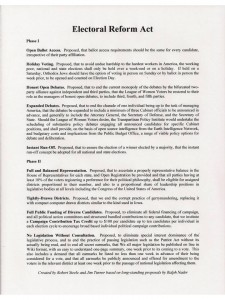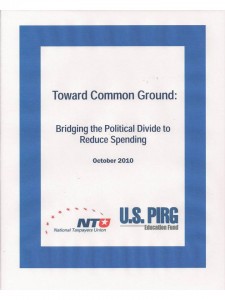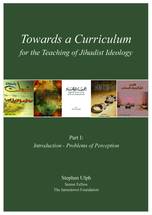Entangled Minds Dean Radin's blog
Thursday, October 21, 2010
Extrasensory Perception and Quantum Models of Cognition
By Patrizio E. Tressoldi, Lance Storm, & Dean Radin.
The possibility that information can be acquired at a distance without the use of the ordinary senses, that is by “extrasensory perception” (ESP), is not easily accommodated by conventional neuroscientific assumptions or by traditional theories underlying our understanding of perception and cognition. The lack of theoretical support has marginalized the study of ESP, but experiments investigating these phenomena have been conducted since the mid‐19th century, and the empirical database has been slowly accumulating. Today, using modern experimental methods and meta‐analytical techniques, a persuasive case can be made that, neuroscience assumptions notwithstanding, ESP does exist.
The full paper is available at the online journal NeuroQuantology.
Tip of the Hat to Sumner Carter via Sandra D. Sabatini at Facebook.








